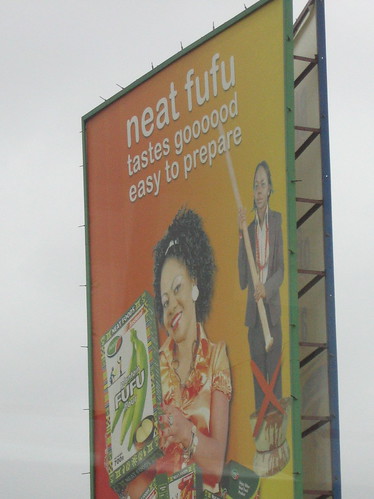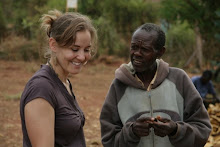In the developing world, most curriculum and pedagogy are based on wrote memorization. Students rise hours before dawn, drawing close to kerosene lamps to churn through unfathomable amounts of information. All this is done to reach an academic climax at the end of high school that determines whether they will be one of the fortunate few to gain access to government universities. Of the 300 thousand or so Kenyan students who sat exams last year, only the top 3% gained admission to the University of Nairobi system with a government bursary. An additional 3% or so will attend by paying their own fees, and another 3% or so will attend private universities. The rest? Their formal education and all the opportunities it might offer, end there. This situation and the staggering numbers of hardworking students it leaves behind is replicated across the developing world.
What this means is that many people in the developing world never get to engage or participate in an education that promotes critical thinking, problem solving or comprehensive analysis. American teachers struggle to do this in overfilled classrooms with limited resources - imagine what a rarely paid rural teacher faces with 60 students, no books and a small blackboard (often without any chalk?). Getting kids to college means they might learn how to think critically, to challenge the problems around them - to actively engage in changing their circumstances, both personally and in their community beyond.
I shared these thoughts last year from the Bay Area to Seattle with anyone and everyone I could, along with the ideas I was starting to mull over for addressing this challenge. Little did I know that a model similar to one I was dreaming up already existed – and in Seattle, no less! Which brings me to my current "geotag" in Accra, Ghana, and a 3-month fellowship with a non-profit called Vittana.

Vittana is based on the Kiva-popularized model of micro credit, often practiced with small business owners and entrepreneurs in the developing world. By providing access to previously unavailable capital, people from Bangladesh to Peru are moving beyond day-to-day, subsistence living and gradually breaking the shackles of poverty. There have been challenges, to be sure, but as my recent visit to a group of borrowers showed me, the “poor” can be reliable “investments” who are exceedingly capable of paying it forward in the form of education for their children and greater community involvement and economic engagement as a whle.
Vittana’s founder, Kushal Chakrabarti, realized this model could be used with students as well – providing access to funds to pay for school fees – especially when a lack of fees was threatening to force a student to drop out of college just a semester or two shy of a degree. Vittana was launched and in the past few months has gone from working in 8 countries to partnering with 19 local micro finance institutions (MFIs) in 12 countries.
Click here for an easy break down of how Vittana works. My role as a fellow in Ghana involves doing the market research that determines the feasibility and scope of a potential loan product, and then helping build and launch this new product with our partner. My fellow colleague and I are working with one of Ghana's largest MFIs to create a loan program that addresses student's needs in the Ghanaian context - a challenge given mandatory national service after college and high unemployment rates. It is a lot of work in a totally new country, but each time I meet a student and see the "hustle" they go through to get through university, I'm inspired.
I believe deeply in the interconnectedness of international communities, and ensuring citizens throughout one of the most booming continents (6 out of 10 of the fastest growing economies in the last decade are in sub-Saharan Africa) are equipped with the tools they need to support this growth. I am so excited by the idea of helping students stay in the programs they've worked so hard to access that I'm doing this work on an almost exclusively volunteer basis (fellows just get a small stipend to help with travel costs).
If you are interested in supporting Vittana's mission, please consider visiting the website and picking a student - it's that simple. Just think - with a few clicks you can cross "help someone go to college" off your bucket list and even get the money back when they're done. I'll let you know when our first Ghanaian students are on the site - until then, I hope you can find a student that shares an interest or a goal that might resonate with your own story.

Studying to be an environmental engineer









